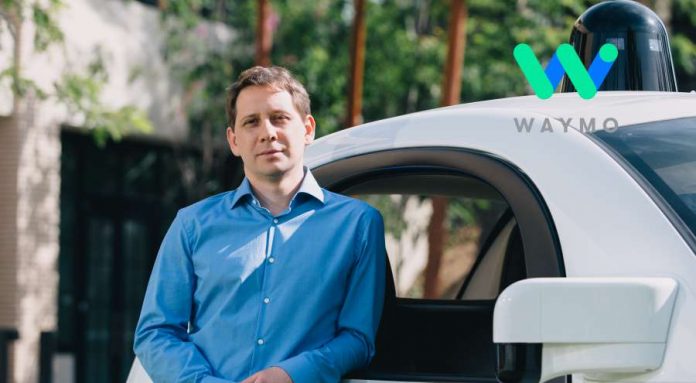
The California Department of Motor Vehicles (DMV) released this Wednesday its Disengagement Report for Waymo self-driving vehicles in 2016. The Google division reported a record decrease in driver takeover over the last two years.
Waymo is not the only company around testing autonomous cars, as the DMV also released reports for ten other companies including Ford, GM, Mercedes-Benz, Delphi, and the recently renamed Tesla, Inc.
Both automakers showed vast improvements in their driverless technology performance, reaching numbers even the biggest enthusiasts could not predict.
The landscape looks bright for the self-driving industry, but regulatory bodies need to pick up the pace if they want to catch up with the latest developments.
Waymo registered four times fewer disengagements last year
Disengages are instances in which a human driver needs to take control of a car driving in autonomous mode. Software like Tesla’s Autopilot relies on disengages as a safety measure.
Alphabet’s self-driving car project recorded 0.2 Disengagements per every 1000 miles in 2016. In contrast, self-driving vehicles undergoing tests in 2015 prompted 0.8 Disengagements in the same scale.
These results are much more significant considering Waymo increased by half the miles driven by its vehicles last year, amounting to 635,868 in total.
Raw numbers for 2015 and 2016 provide an even clearer view: human drivers had to take the wheel during potentially unsafe circumstances just 124 last year, while the year before that number was more than double at 341.
Dmitri Doglov, head of Google’s Waymo penned a blog post to express his satisfaction with the goals achieved. He emphasized the importance of the results in the company’s mission to make self-driving tech “safe and easy.”
Engineers and test drivers of the project raked in over a billion miles last year in simulated roads and tracks that aim at solving issues with car performance in complex urban and suburban streets. That includes parking, driving, and reacting to traffic.
Tesla Inc. is also closer to a truly driverless model
Elon Musk’s energy empire has not lost cars from its sight, as it races against bigger names in the industry to produce an affordable autonomous vehicle for mass consumers by next decade.
Tesla Inc’s DMV disengagements report showed the company’s driverless cars drove 550 miles during the last trimester of 2016, and over that period humans had to take control 182 times. These tests took place on California public roads.
In the same scale of disengages per 1000 miles, Tesla registered 0.33, just a little above Waymo’s record-low numbers. Other automakers like BMW, Honda, and Ford came up with higher figures or results based on highway tests only.
Source: DMV










